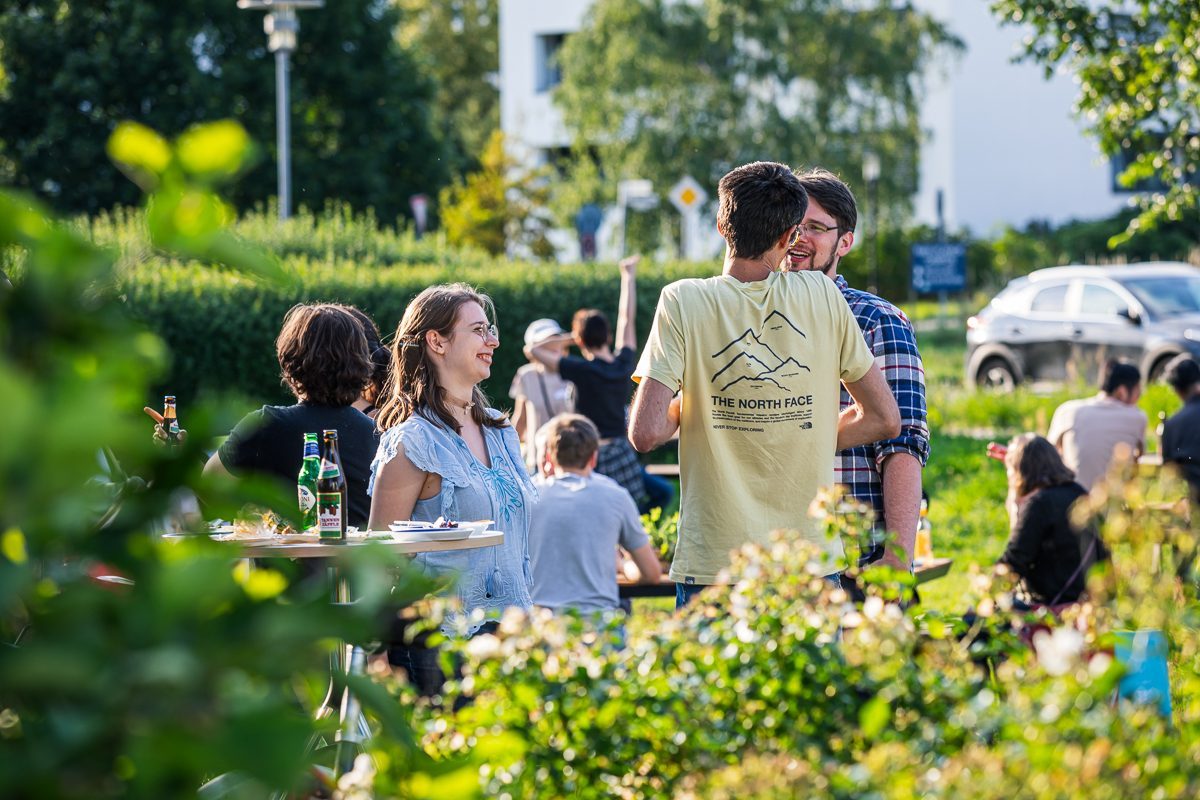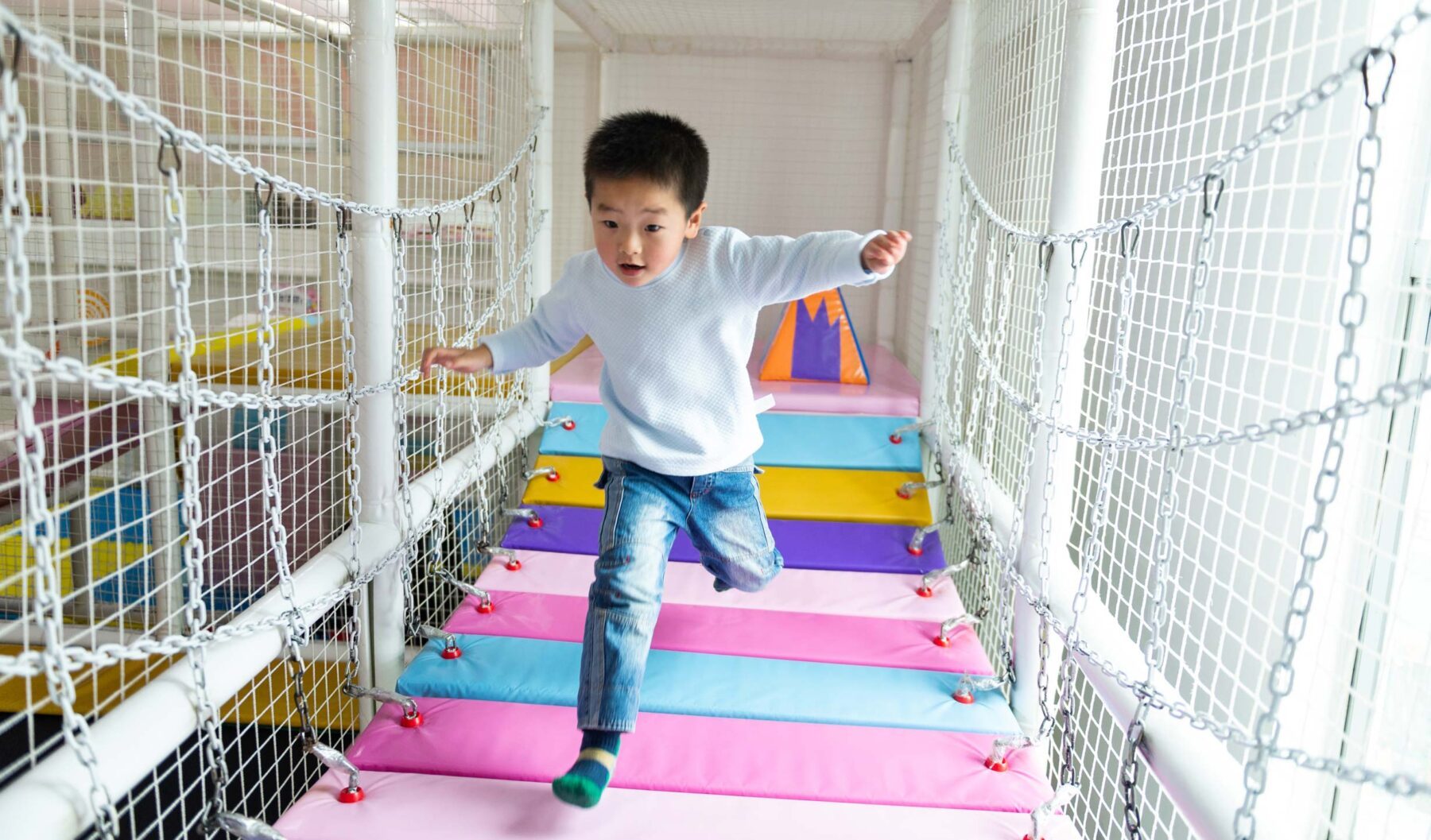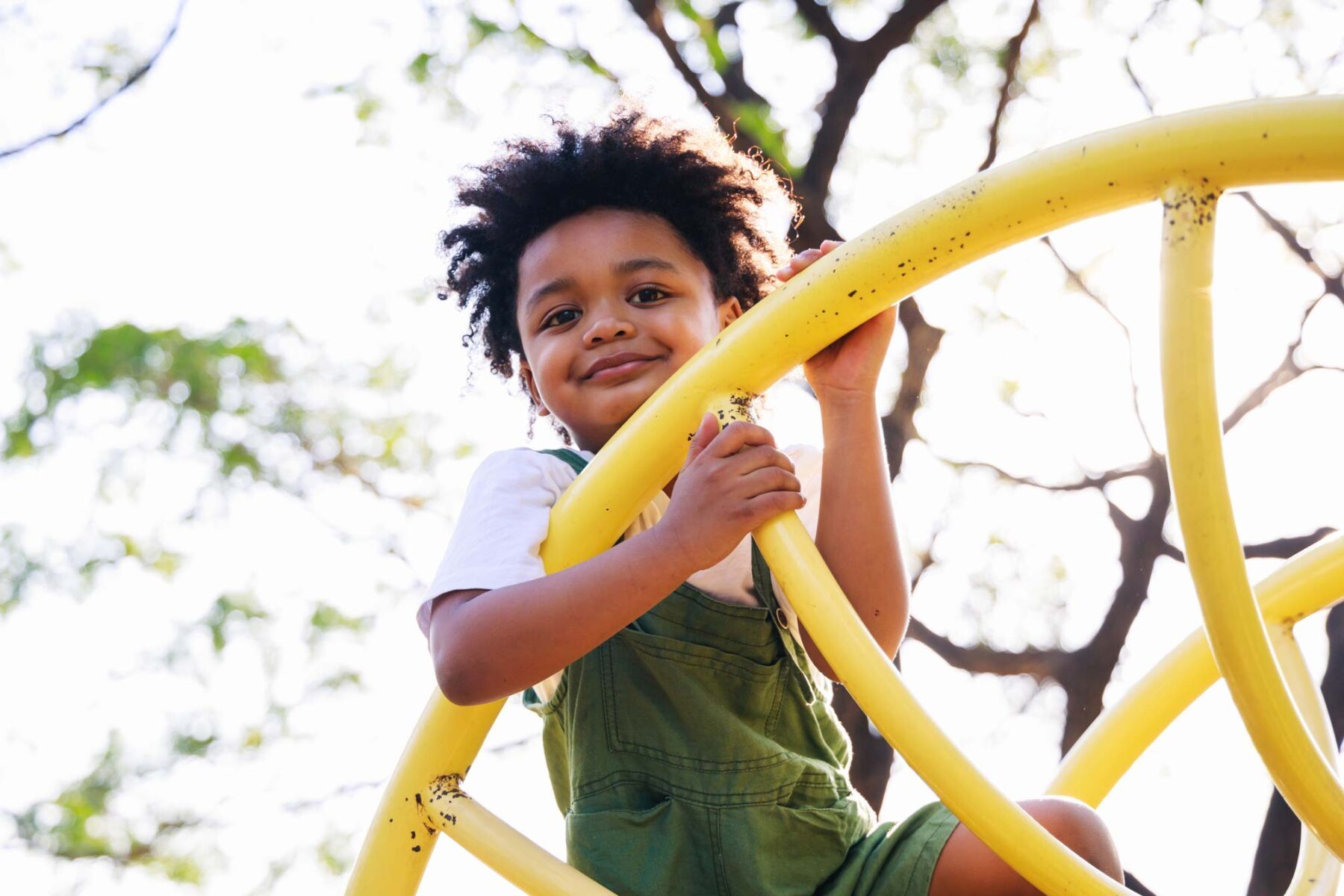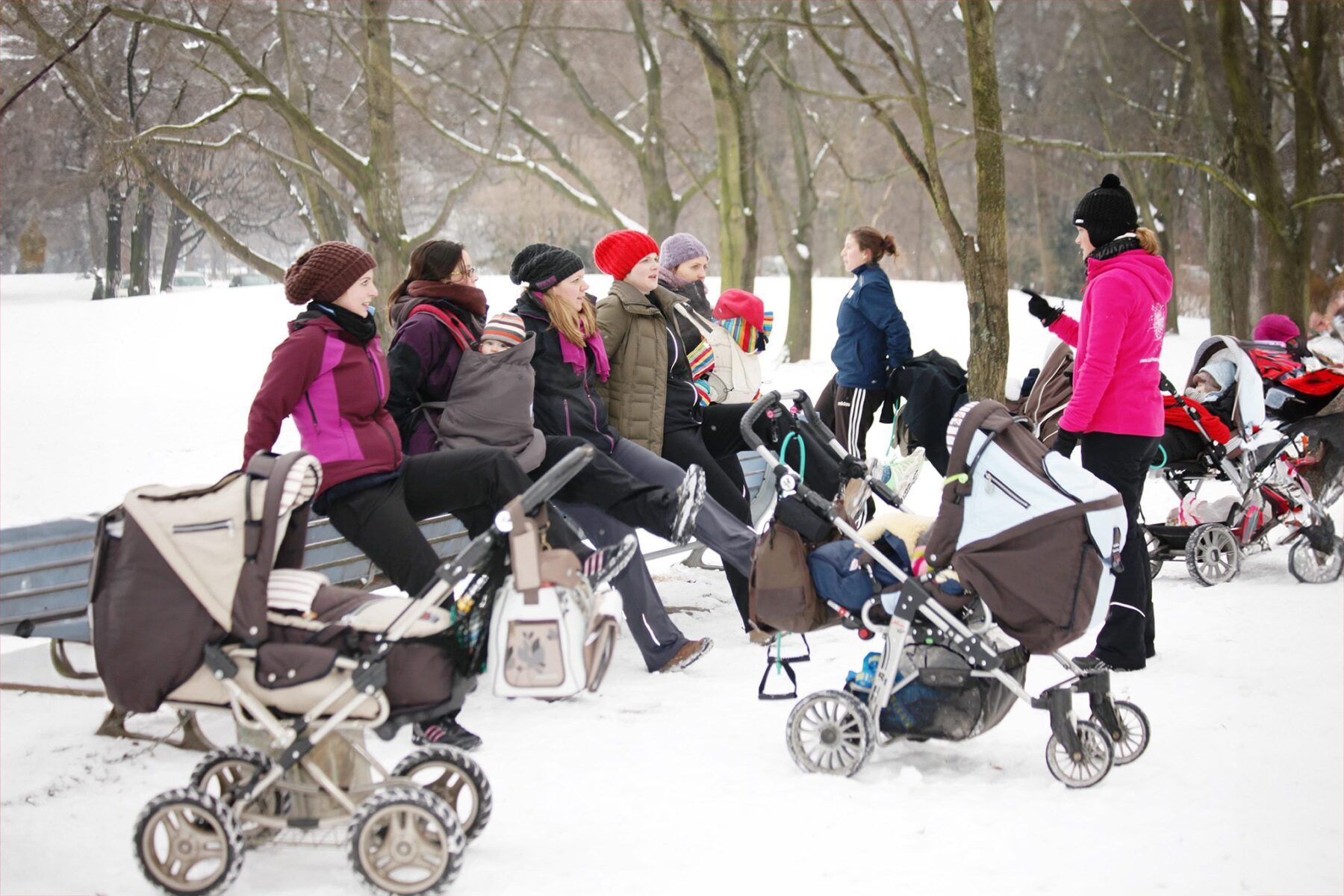
Unsere Community
Unsere Priorität liegt auf der Förderung einer lebendigen Gemeinschaft im Potsdam Science Park, denn alle Ideen, Projekte und sogar Freundschaften entstehen aus einem starken Netzwerk und einer Kultur des Kennenlernens. Wir sind überzeugt, dass Verbindungen in allen Lebensbereichen von großer Bedeutung sind.
-
Vorgeschlagene Suchbegriffe:
- Aktiv in der Region
- Für Mitarbeitende
- Gemeinschaft
- Veranstaltungen
- Verbindungen schaffen
Aktiv in der Region
Die meisten sozialen Interaktionen beginnen am Arbeitsplatz. Wir möchten Sie ermutigen, Ihre Kontakte bei Freizeitausflügen auf die nächste Stufe zu heben.
Alle Inhalte zum Thema ansehen

Ausflüge in Potsdam und Brandenburg
Brandenburg ist ein beliebtes Ziel für Touristen aus der ganzen Welt. Neben den weltberühmten Schlössern und Gärten gibt es über 3.000 Seen zu entdecken - mit dem Fahrrad, zu Fuß, mit Inlineskates, auf einem Floß, SUP oder im Kajak. Ob du nun einen Tagesausflug oder einen längeren Besuch planst, hier...
Mehr lesen

Internationale Lebensmittel in Potsdam
Wenn du in ein anderes Land ziehst, lässt du Familienmitglieder, Freunde und die Kultur deines Heimatlandes zurück. Bestimmte Lebensmittel können einen großen Teil deiner Identität ausmachen. Essen verbindet dich mit deinem Heimatland und beeinflusst die Verbindung mit Familienmitgliedern. Zum Beispiel kann der Geruch deines Lieblingsgerichts, das deine Großmutter zu Hause...
Mehr lesen

Obstbauernhöfe zum Selberpflücken rund um Potsdam
Sommerzeit ist Obstzeit. Die Obsthöfe sind voll von wunderbaren Obstbäumen und Sträuchern, die nur darauf warten, gepflückt zu werden. Hier kannst du Obst pflücken und beim Verlassen des Hofes für das gepflückte Obst bezahlen. Verarbeite das Obst zuhause zu leckerem Kuchen, Marmelade oder Fruchtgelee. Bringe gern deine Kinder zu diesem...
Mehr lesen

Weihnachtsmärkte in Potsdam und Berlin
In der Region Berlin/Brandenburg gibt es viele verschiedene Arten von Weihnachtsmärkten - traditionelle deutsche Weihnachtsmärkte, holländische Weihnachtsmärkte oder sogar Weihnachtsmärkte, die auf Nachhaltigkeit ausgerichtet sind. Hier findest du eine Übersicht der beliebtesten Weihnachtsmärkte in Potsdam und Berlin.
Mehr lesen
Familienleben
Familien sind mit einigen Herausforderungen konfrontiert, wenn sie in ein neues Land ziehen. Wir möchten Ihren Start in Potsdam so reibungslos wie möglich gestalten.
Alle Inhalte zum Thema ansehen

Indoor-Spielplätze in Potsdam und Berlin
Die Winter in Potsdam und Berlin können kalt und lang sein. Die Kinder während der Wintersaison zu beschäftigen, kann eine echte Herausforderung sein. Zum Glück gibt es in Potsdam und Berlin eine große Anzahl von Indoor-Spielplätzen, die diese Aufgabe erleichtern.
Mehr lesen

Spielplätze in Potsdam
Die Stadt Potsdam wurde von Unicef mit dem Siegel "Kinderfreundliche Kommune" ausgezeichnet und ist eine der kinderreichsten Städte Deutschlands. Dementsprechend gibt es in Potsdam viele Aktivitäten und Spielflächen für Familien und Kinder.
Mehr lesen

Fitness für Mütter in Potsdam und Berlin
Ganz gleich, ob Sie gerade Ihr erstes Kind zur Welt gebracht haben oder Ihr Fitnessniveau als Mutter verbessern möchten, es gibt zahlreiche Kursangebote für vielbeschäftigte Mütter, sowohl mit als auch ohne Kinder.
Mehr lesen

Eltern-Kind-Kurse in Potsdam
Hat Ihr älteres Kind ein Talent für Sport oder Musik? Möchten Sie Ihr Baby an die musikalische Früherziehung heranführen und andere junge Eltern kennenlernen? In der Region Potsdam gibt es zahlreiche Angebote für Eltern-Kind-Kurse.
Mehr lesen